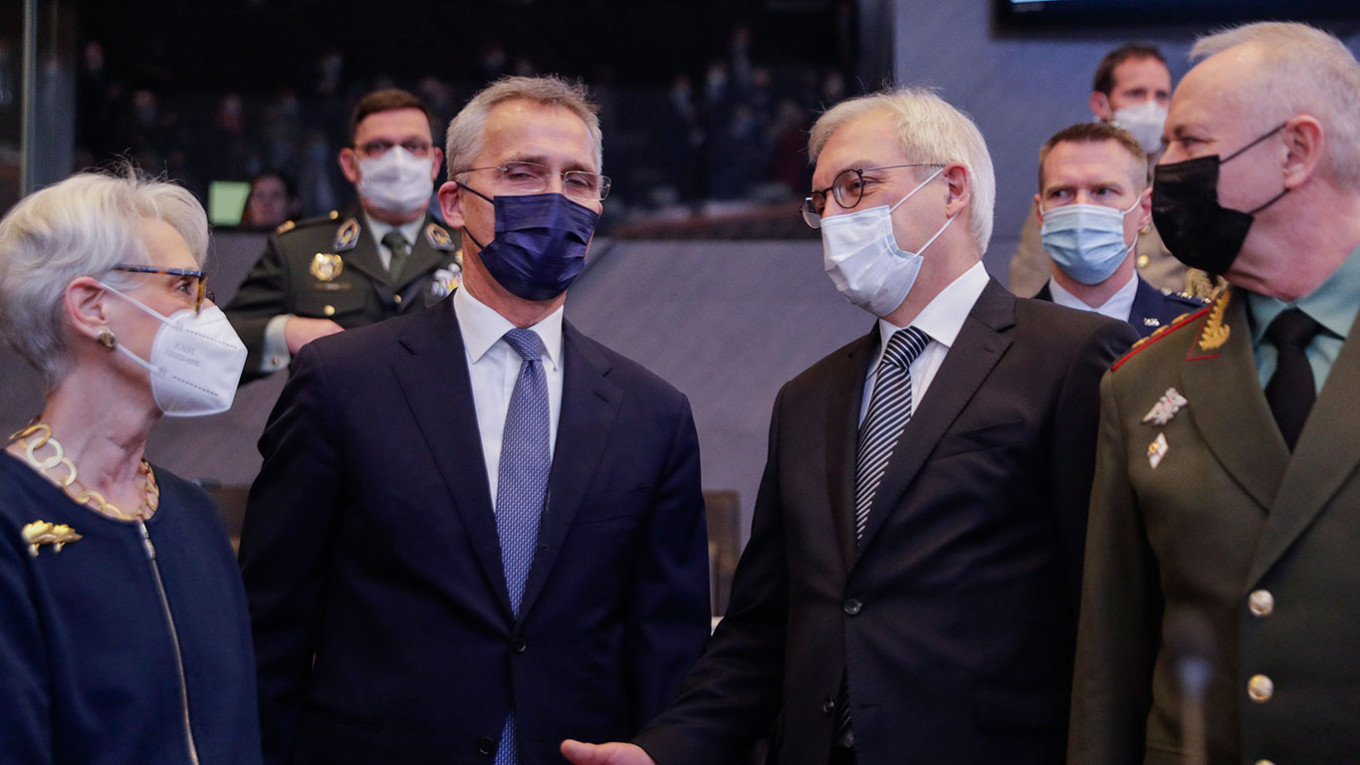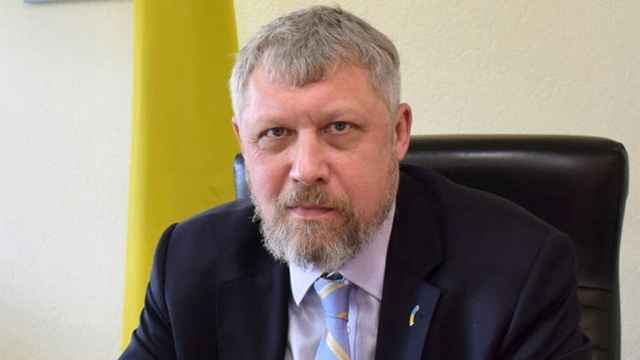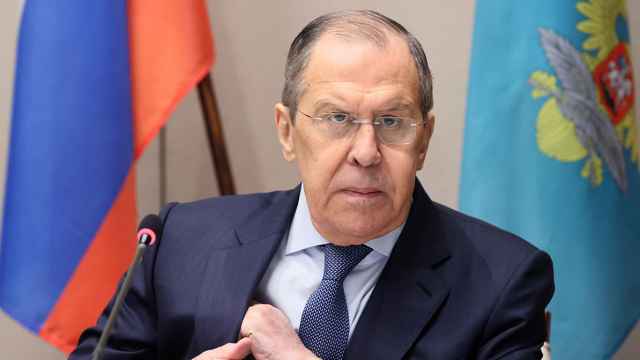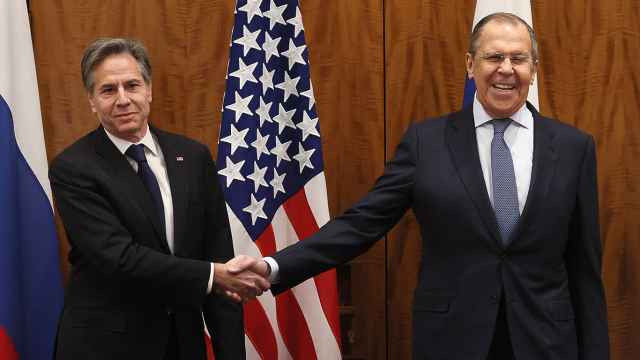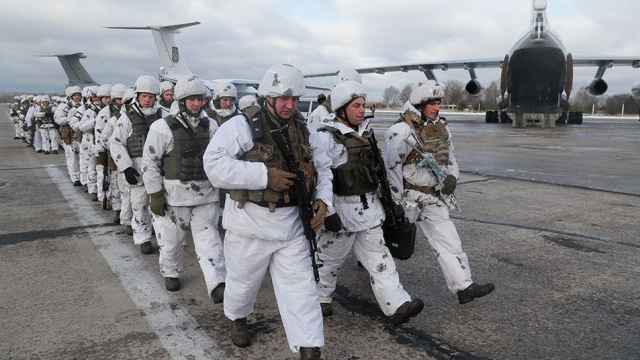Russia and NATO met for the first time in more than two years Wednesday in a week of high-level negotiations to address Moscow’s security demands and try to forestall what the West says is a Russian offensive in Ukraine.
Here’s what we know about the NATO-Russia Council talks in Brussels:
‘No positive agenda’
– NATO rejected Russia's demand for a new security settlement in Europe, challenging President Vladimir Putin to withdraw troops deployed near Ukraine and join talks on reducing the threat of open conflict.
– The Western allies received no promise that Russia will stand down its forces — which Moscow insists pose no threat to its already partially occupied neighbor — despite the threat of economic sanctions.
– Russian Deputy Foreign Minister Alexander Grushko said the “frank, direct, deep, intense” talks revealed “a large number of differences on fundamental issues.”
– He said that Russia and NATO had no "positive agenda — none at all" and warned that the continued deterioration could lead to the "most unpredictable and most dire consequences for European security.”
Arms control
– Grushko told reporters that Russia was ready for dialogue on not deploying intermediate-range missiles in Europe, mutual limits on military exercises and ways to prevent accidental encounters.
– He pointed out that the confidence-building measures are included in Russia’s sweeping list of demands and proposals that forced Western allies to meet Russian envoys this week.
– “The Russian side has repeatedly offered the alliance to take measures to de-escalate the situation. The Russian initiatives have been ignored by [NATO’s] side. This creates conditions for incidents and conflicts and undermines the foundations of security," the Defense Ministry said in a statement published by the state-run RIA Novosti news agency.
Ukraine
– Grushko called on NATO to stop sending military aid and arms supplies to Kyiv to de-escalate the current tensions. He maintained that Moscow's proposals, where a ban on Ukraine’s future NATO membership is a central tenet, could in fact improve security of both Russia and NATO members.
– In response to NATO’s rejection of Russia’s demand to veto Ukraine’s membership aspirations, Grushko said that “the freedom to choose ways of ensuring one’s security mustn’t be implemented in a way that infringes on legitimate security interests of others.”
Future talks
– NATO Secretary General Jens Stoltenberg said “both Russia and NATO allies expressed the need to resume dialogue and to explore a schedule of future meetings.”
– He said the U.S.-led alliance was ready to reopen its missions in Moscow four months after Russia suspended them in retaliation to NATO’s expulsion of Russian envoys over spying accusations.
Putin invite
– NATO invited the Russian envoys to return to Moscow and to advise Putin to join them for a series of confidence-building talks on limiting provocative military exercises, arms control and reciprocal limits on deploying missiles.
– Stoltenberg said Russia’s envoys did not reject the offer.
“Russia was not in a position to agree on that proposal…, but the Russian representatives made it clear that they needed some time to come back to NATO with an answer.”
AFP contributed reporting.
A Message from The Moscow Times:
Dear readers,
We are facing unprecedented challenges. Russia's Prosecutor General's Office has designated The Moscow Times as an "undesirable" organization, criminalizing our work and putting our staff at risk of prosecution. This follows our earlier unjust labeling as a "foreign agent."
These actions are direct attempts to silence independent journalism in Russia. The authorities claim our work "discredits the decisions of the Russian leadership." We see things differently: we strive to provide accurate, unbiased reporting on Russia.
We, the journalists of The Moscow Times, refuse to be silenced. But to continue our work, we need your help.
Your support, no matter how small, makes a world of difference. If you can, please support us monthly starting from just $2. It's quick to set up, and every contribution makes a significant impact.
By supporting The Moscow Times, you're defending open, independent journalism in the face of repression. Thank you for standing with us.
Remind me later.


